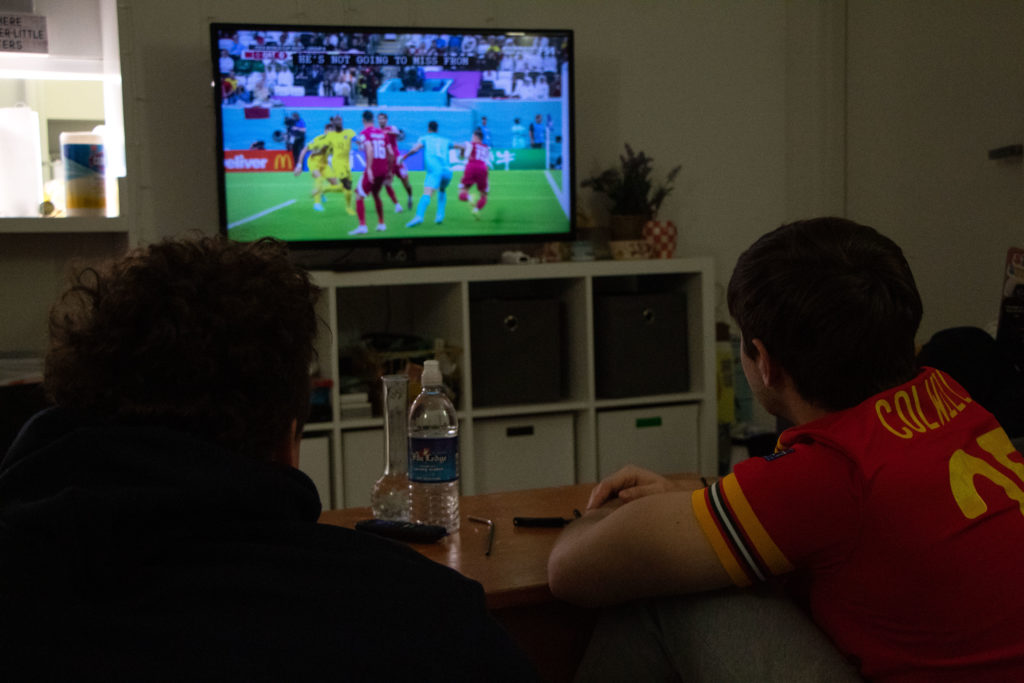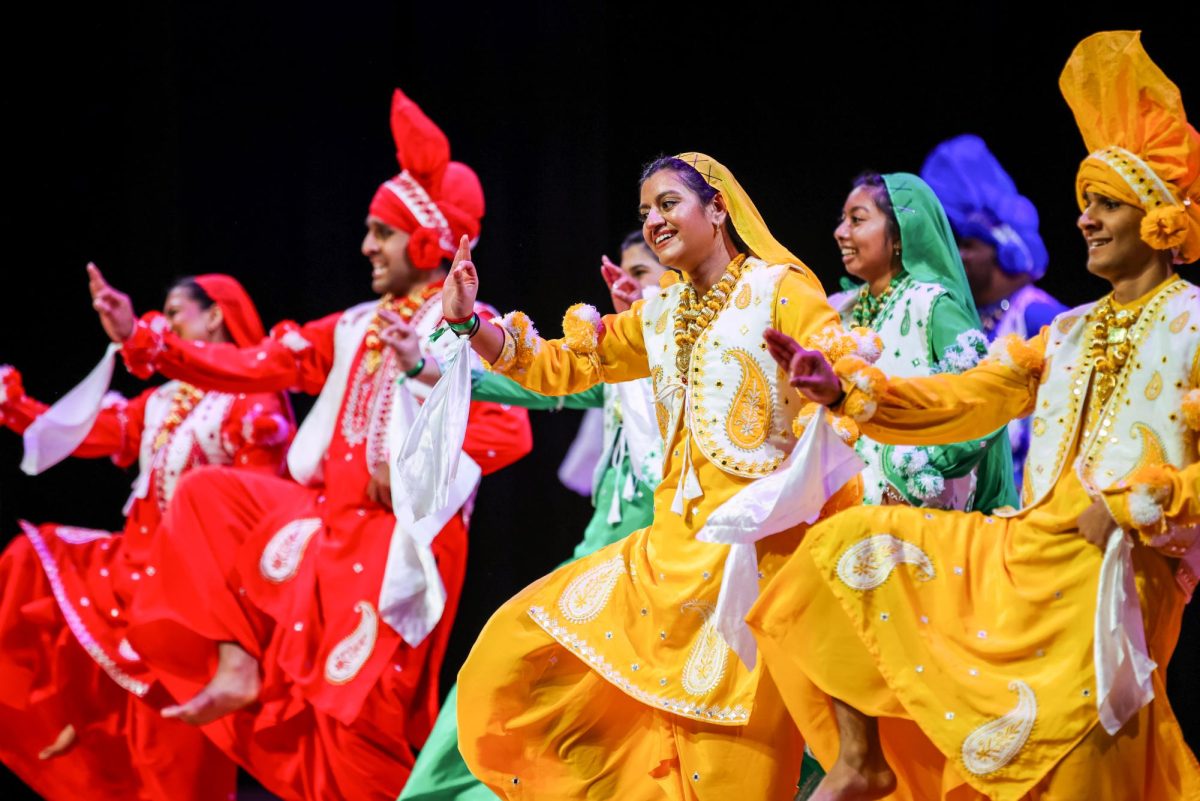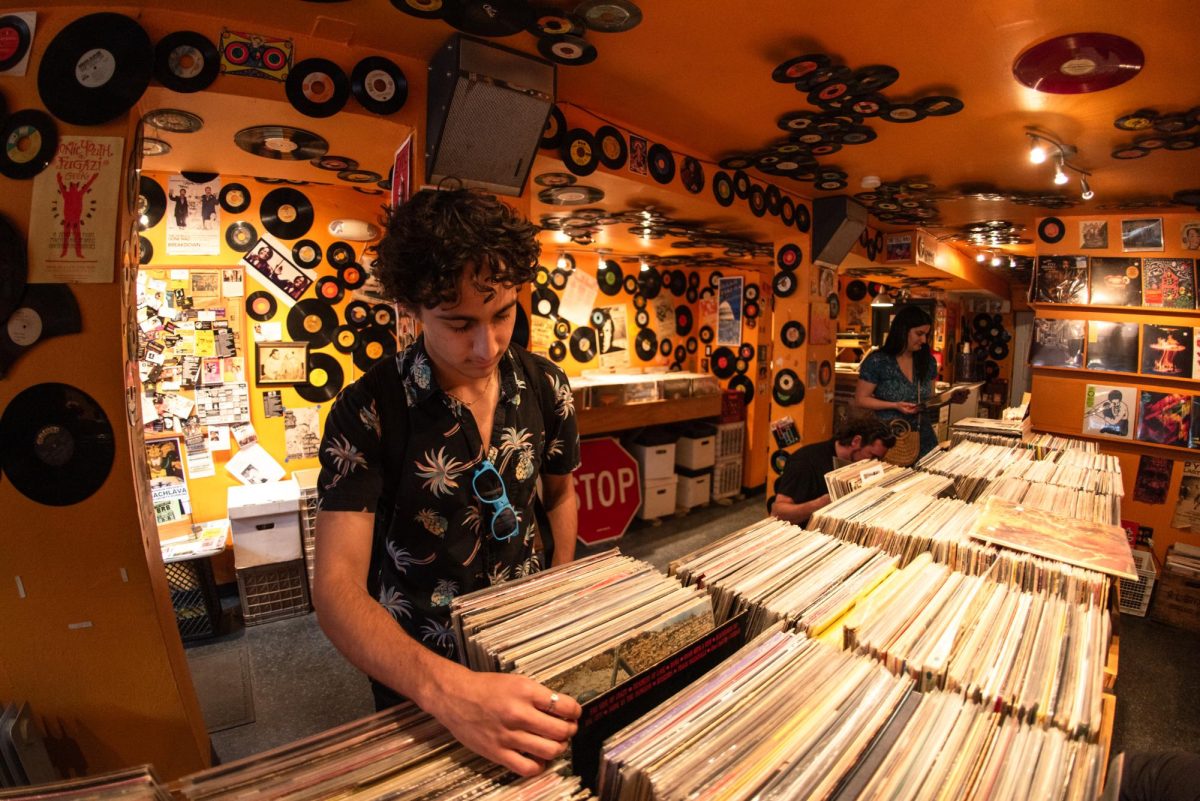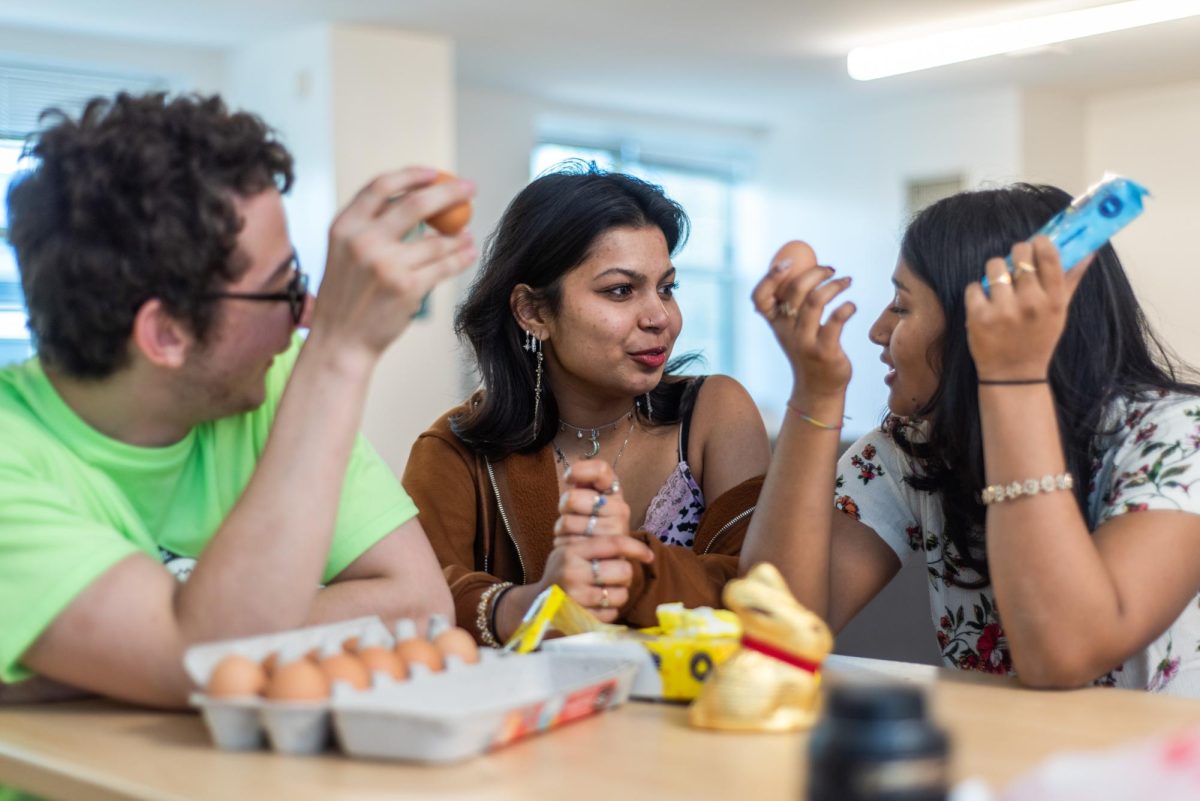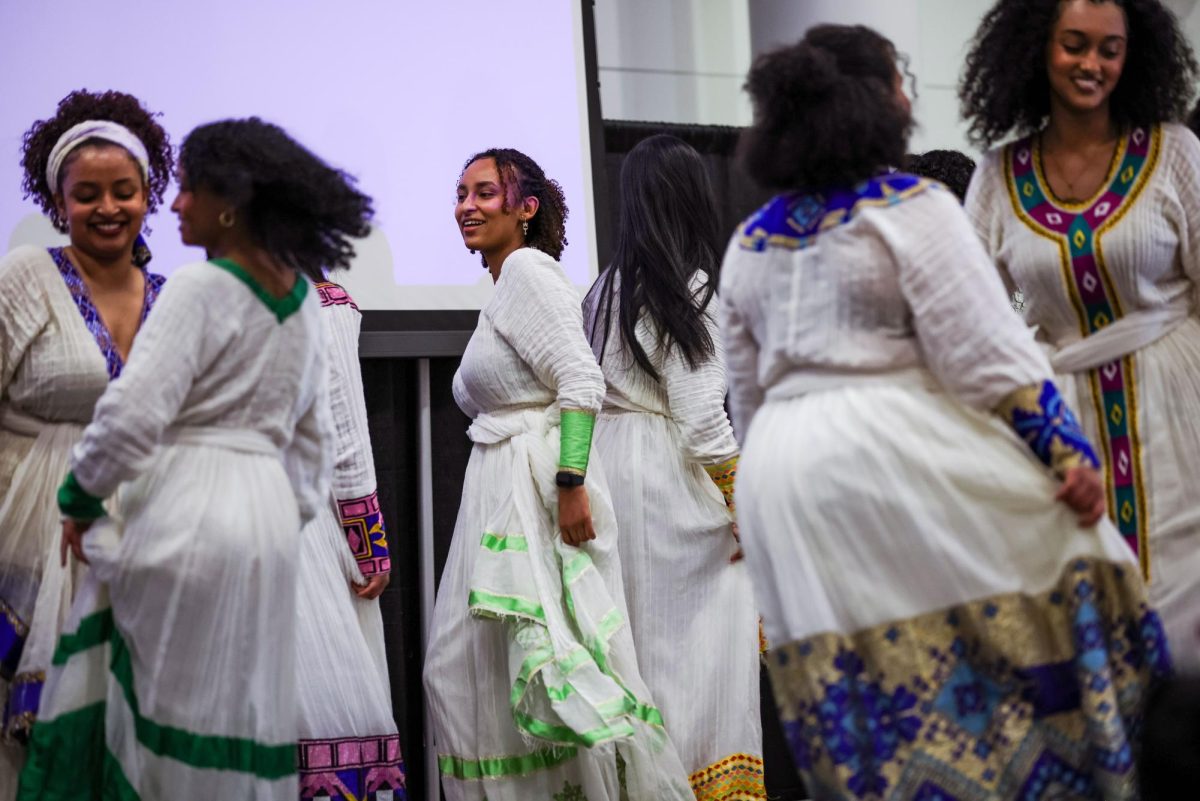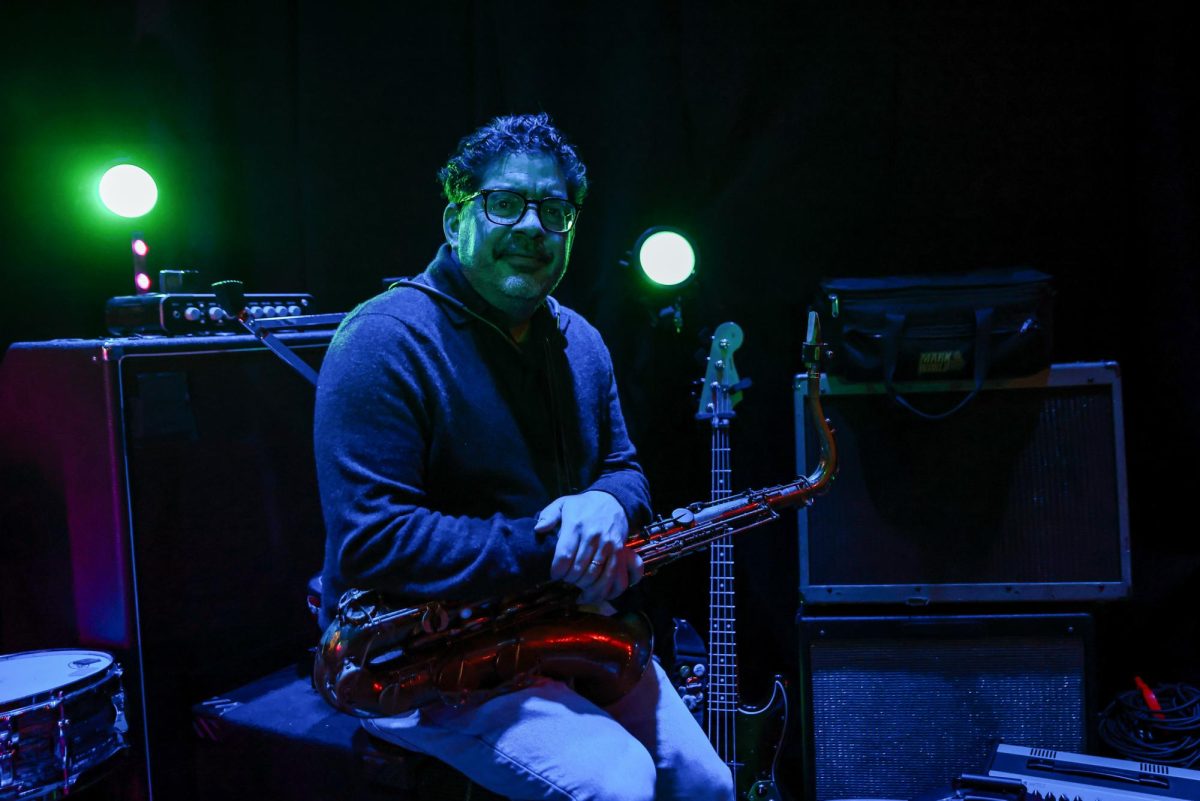The decision to hold the 2022 World Cup in Qatar has ignited criticism for more than a decade, and for many students at GW, this choice has sullied what is usually a “magical” tournament.
After FIFA selected Qatar in 2010 as the host country of the World Cup – a soccer tournament between 32 qualifying national teams who square off every four years – instances of bribery tied to the hosting bid and human rights violations involving stadium construction have risen to the forefront of global attention surrounding the competition. Students who are long-time soccer fans said tragedies tied to this year’s World Cup, like the deaths of thousands of migrant workers building the stadiums in Qatar, create moral dilemmas for those rooting for their teams while standing against these human rights violations.
The Department of Justice found that the Qatari government bribed FIFA officials to secure Qatar as the host country before their vote to make the hosting decision in 2010. Qatar has relied on migrant labor to build seven new stadiums among other construction projects for the tournament, worth nearly $6.5 billion altogether, to prepare the country for the flood of fans.
Investigations from human rights organizations and news outlets like the Guardian show that more than 6,500 migrant workers have died building the stadiums as a result of dangerous and exploitative working conditions the Qatari government instituted in hopes of rushing the construction of the infrastructure and saving money with unfair wages – a continuation of the Qatari government’s human rights violations that students said “blemish” international soccer. The country also criminalizes homosexuality and sex outside of marriage, which students said has further dashed their respect for the 2022 World Cup because of the discriminatory values of its host and central symbol.
Senior Oscar Southwell, who moved to the U.S. from London when he was seven and plays right wing and attacking midfielder for the men’s club soccer team, said the Qatari government strained its labor force through “terrible working conditions,” which taint this year’s competition. Southwell said while he considered boycotting the tournament, his desire to support his home country of England and his anticipation to see each country’s culture reflected through their individualized style of play motivated him to tune into the tournament this year.
“I think it’s really shameful from FIFA, in terms of the lack of recognition from FIFA and from the Qatari government of the unacceptable sacrifices they made,” Southwell said.
For many avid fans, soccer is more than just a game. The sport offers a chance to connect with their families and cultures around the world, and the World Cup – which kicked off last Sunday and runs through Dec. 18 – represents a time for nations to showcase their top athletes. But 10 students who consider soccer a core part of their identity said despite tuning in while some advocates call for boycotts, the human rights issues hanging over the World Cup have tarnished their experiences celebrating the sport they love.
Senior Nick Porr – who co-hosts a WRGW show dubbed “3 At The Back,” which covers international soccer – said Qatar’s call to suppress public displays of affection between LGBTQ+ fans and visitors is “abhorrent.” He said the bribery and migrant deaths surrounding this year’s World Cup “taints the entire experience” of watching the tournament.
“This is an event that’s supposed to be a celebration of international culture and just everyone coming together and playing soccer,” Porr said. “It’s horrible.”
Players have attempted to engage in small acts of protest against FIFA’s corruption and Qatar’s oppressive practices, but FIFA threatened punishment for any teams that planned to take part. The English, Welsh and Netherlandish national teams planned to wear armbands in support of the “One Love” campaign, an effort to promote LGBTQ+ equality, but FIFA warned they would immediately receive yellow cards.
Freshman Kalea Wilson, who plays center back for the men’s club soccer team, said acts of suppression against protests made him “lose respect” for FIFA. He said soccer games have historically been a platform for similar activism, like the Premier League players’ “Rainbow Laces” campaign for LGBTQ+ rights.
“A big part of soccer, in general, is equality, and to host in a country where people of certain groups such as the LGBT cannot go, that’s against the nature of sports,” Wilson said.
Wilson said as he’s watching the games he can’t ignore the games have been “built on the backs of people that died for a sports tournament.”
“You’re thinking about the game, you’re loving the players, the football but then in the background the whole time you’re thinking ‘What is all this for? Who died for this World Cup? What does this say for sporting integrity in the future when atrocities like this can happen?’” Wilson said.
Freshman Mo Hammadi, who plays center midfield for the men’s club soccer team, said while the controversies dampen fans’ moods directed toward the World Cup, the tournament provides hope and comfort for viewers around the world.
“Many people in the world don’t have many blessings, and they don’t have many things to look forward to – but soccer gives them joy and gives them hope,” Hammadi said.
Freshman Seowon Kim, who is originally from Seoul, South Korea and is rooting for the Korean national team, said although he doesn’t support Qatari actions, it is “touching” for him to watch his team play because he has been following their journey since childhood. Kim said for many international students, the ability to support their national team during the World Cup helps them stay connected to their home countries.
“The match time is the only time you’re free from homesickness,” Kim said. “That’s one power that the World Cup has.”
For fans of the U.S. team who are electing to continue watching the tournament, this World Cup is particularly special, because it marks the first time the U.S. will compete in eight years. Analysts attribute the U.S.’s traditional lack of competitive force in international soccer to coaching issues, insufficient player investment and systemic flaws, like a lack of a well-organized youth system within the national organizations devoted to developing the sport.
But senior David Korn, the sports director at WRGW and co-host of the sports talk show “3 At The Back,” said fans are excited to watch this year’s U.S. matches because the team has moved up in standing on the world stage in recent years. He said this competition distinguishes the first time in history when the U.S. national team’s “most important players,” like Christian Pulisic, Weston McKennie, Tyler Adams and Gio Reyna, will play together in full health.
“The fact that we’re going to be seeing that for the first time in the World Cup is really exciting because this team’s full potential has really never been reached,” Korn said. “It’s cool to see how they’ll mesh together on the world’s biggest stage.”
Freshman Marc-Andre Berthin said despite the excitement surrounding the U.S. team, the Qatari government’s bribery and human rights abuses are “tragic” and “plague” this year’s tournament. But he said the rise in media attention toward these issues creates a “global” opportunity for advocates and fans to advance positive change for future World Cups.
“Hopefully the next World Cup will be like World Cups in the past where everyone can really come together,” Berthin said. “No matter who we are, no matter where we’re from, no matter what we identify with, we can just come together and have fun and enjoy the sport we love.”


